Publications
Articles, publications, books, tools and multimedia features from the U.S. Institute of Peace provide the latest news, analysis, research findings, practitioner guides and reports, all related to the conflict zones and issues that are at the center of the Institute’s work to prevent and reduce violent conflict.
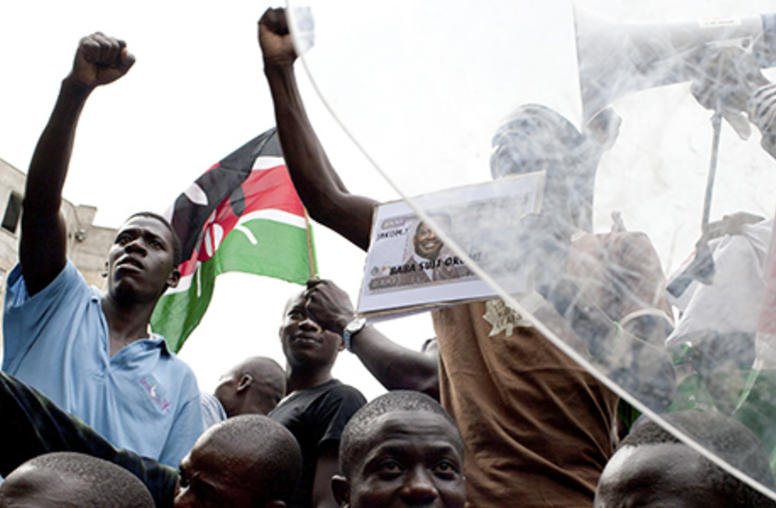
Q&A: Amid Kerry Visit, Kenya Braces for 2017 Elections
Kenyan President Uhuru Kenyatta’s first four years in office expire next year and he has announced he’s going to run for a second term in elections scheduled for August 2017. But the competition for power already is heating up.
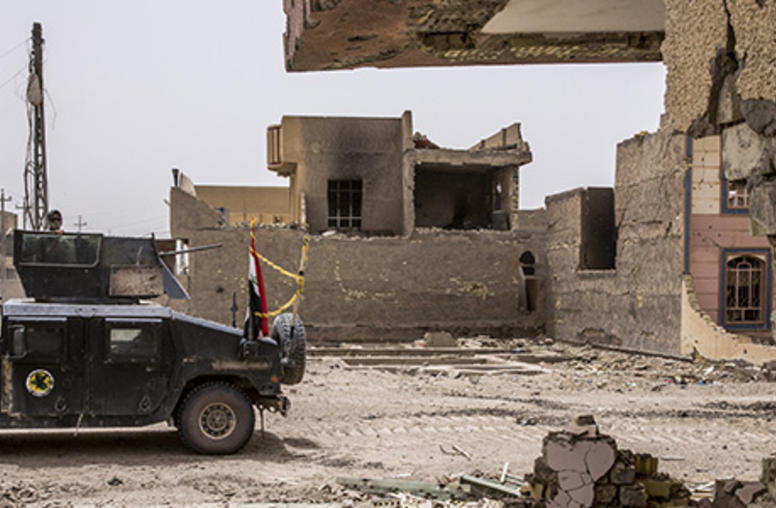
Iraq’s Executions: Aftershock of ISIS’ Deadliest Atrocity
Iraq’s execution yesterday of 36 men whom it accused of committing the deadliest single atrocity by the Islamic State group underscores that any stabilization of Iraq will require international support to strengthen the country’s overburdened judicial system, according to USIP Iraq specialist Sarhang Hamasaeed. Iraq’s government came under intense pressure from the country’s Shia Muslim majority population, and from the Shia “Popular Mobilization Forces,” or pro-government militias, to conduc...
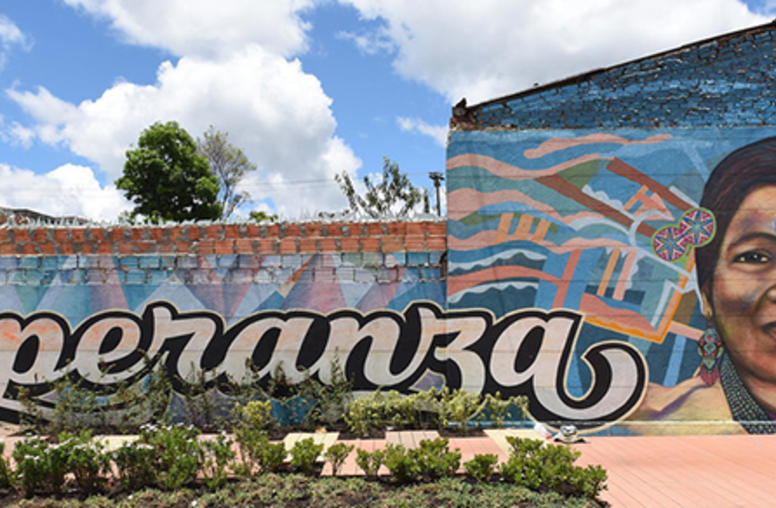
Q&A: Colombia Peace Deal Announced — What’s Next?
After 52 years of armed conflict, the Colombian government and the country’s oldest rebel group, the Revolutionary Armed Forces of Colombia (FARC-EP), announced a final agreement last night aimed at ending one of the world’s longest-lasting insurgencies. The U.S. Institute of Peace’s Virginia M. “Ginny” Bouvier, who has studied the peace process from the outset and advised Colombian government officials, civil society and others promoting a political solution to the conflict, comments on the ...
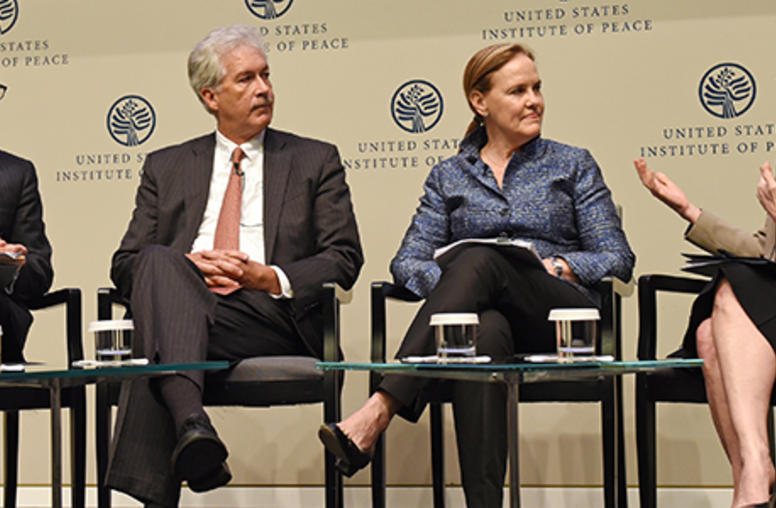
Burns, Flournoy, Lindborg Press Urgency of Fragile States
Three former high-ranking officials in the State Department, the Pentagon and the U.S. Agency for International Development (USAID) urged the next presidential administration to commit more attention and resources to preventing the kinds of violent conflicts that are roiling the Middle East and other regions today and spilling over into neighboring countries, Europe and the United States. Former Deputy Secretary of State Bill Burns, Under Secretary of Defense Michele Flournoy and USAID Assist...
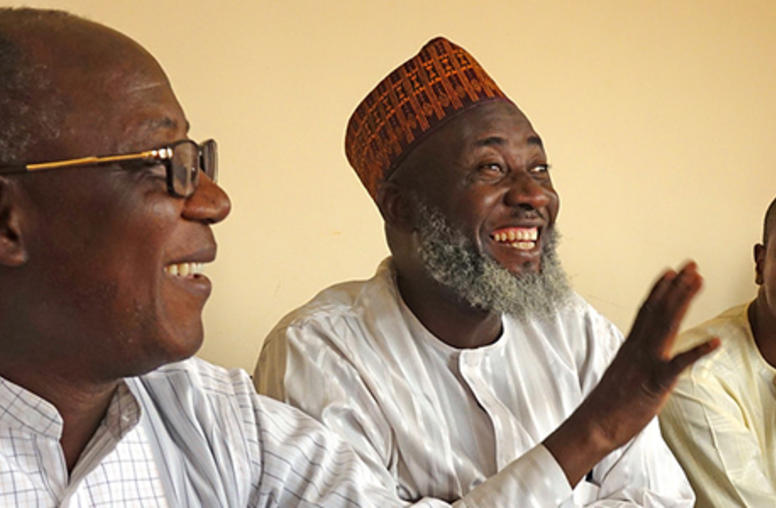
Nigeria’s Powerful Governors Eye Roots of Boko Haram
Governors from northern Nigeria, where the U.S. military is helping quell the Boko Haram militant group, will convene at the U.S. Institute of Peace for the second time this October to agree on civilian actions they can take to address the root causes of violent extremism and help ensure that efforts to stabilize this vital region will stick. Former U.S. Assistant Secretary of State Johnnie Carson, a USIP senior advisor helping organize the gathering, said Nigerian governors are some of the m...
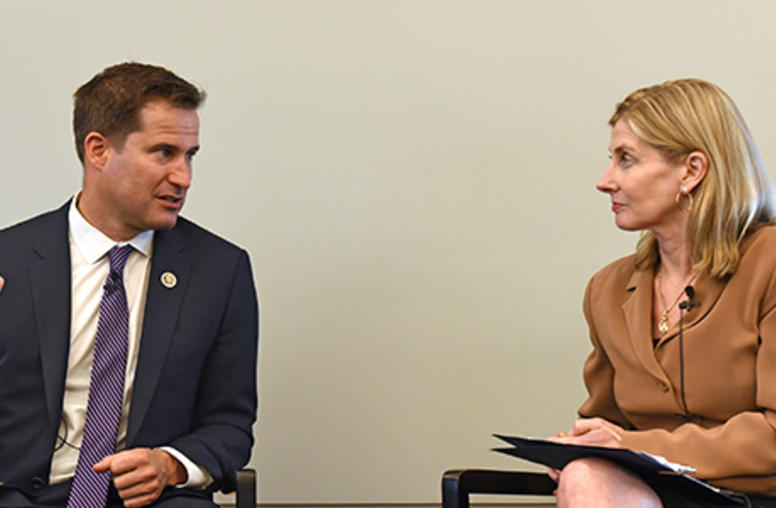
Ex-Marine Lawmaker Seeks Diplomatic ‘Surge’ in Iraq
After four tours with the U.S. Marines in Iraq, Representative Seth Moulton, a first-term Democrat from Massachusetts, remains focused on the country’s development and its current battle against the ISIS extremist group, and he said he has concluded that its fundamental problems are political. A military strategy that fails to address Iraq’s political weaknesses ensures that American troops—about 5,000 of whom have returned to the country—will be back again five years after ISIS is defeated, ...
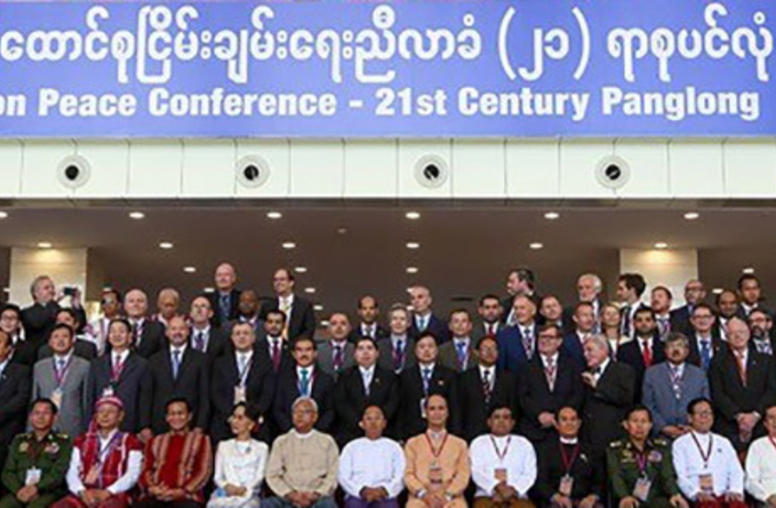
Q&A: Myanmar’s Peace Process, Suu Kyi Style
Four days of talks last week restarted Myanmar’s peace process almost a year after a Nationwide Ceasefire Agreement was signed by some but not all of the country’s armed groups. The process, known as the 21st Century Panglong Conference, or Union Peace Conference, is intended to convene every six months and aims to end the decades-long conflicts between and among the Myanmar army and an array of rebel groups. Vanessa Johanson, the Myanmar country director for the U.S. Institute of Peace, exam...
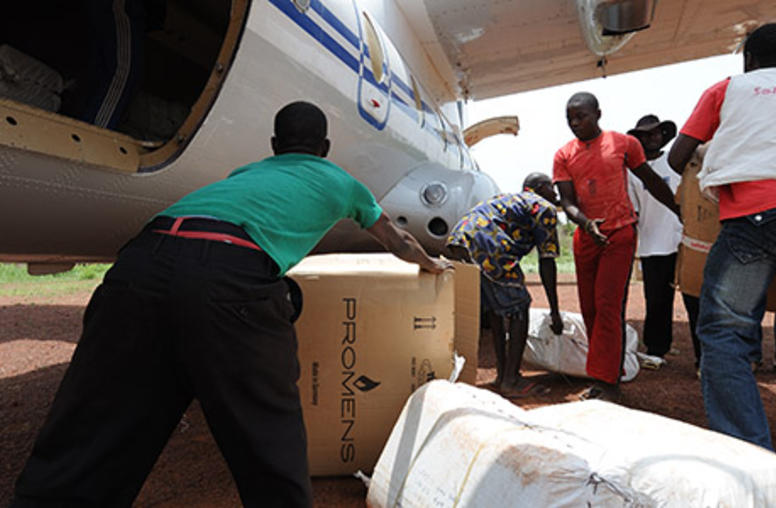
To Improve Humanitarian Aid, Go Local
This month, the world's unprecedented refugee crisis, and the traumas of the greater Middle East that are fueling it, will dominate the United Nations' annual General Assembly session. World leaders will hold extraordinary meetings, including a White House-hosted Leaders' Summit on Refugees, to grapple with a web of violent conflicts, failed and fragile states, and the resulting humanitarian disaster of more than 60 million people worldwide living as refugees.

Q&A: Colombians Narrowly Reject Peace Deal
Colombian voters yesterday defied projections by pollsters and rejected a peace accord that their government had negotiated during four years of talks with the Revolutionary Armed Forces of Colombia (FARC-EP). The agreement was intended to end more than a half century of violent conflict that has left well over 220,000 dead and close to 8 million victims, including more than 6 million people forcibly displaced. USIP’s Senior Advisor for Peace Processes Virginia M. Bouvier explains why voters ...
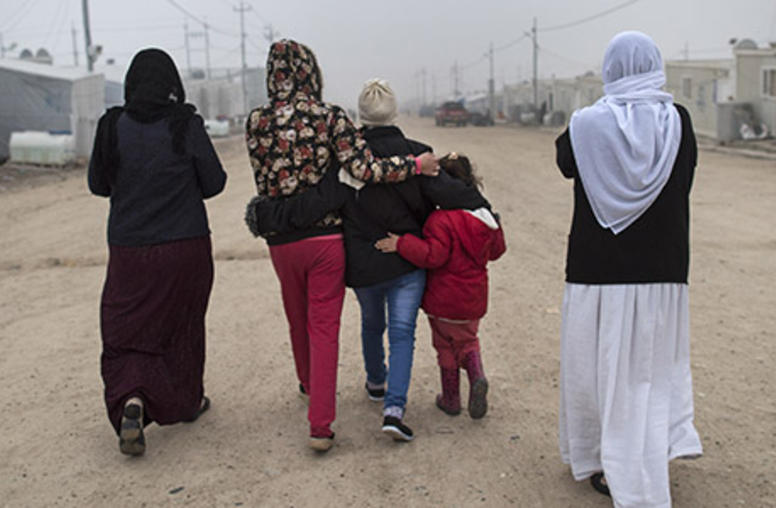
ISIS Makes Sex Slavery Key Tactic of Terrorism
The sexual violence committed against women and girls by the Islamic State of Iraq and Syria (ISIS) can only begin to be addressed with a multipronged response from the global to the local level, said Zainab Hawa Bangura, the United Nations’ point person on the issue. Speaking at the U.S. Institute of Peace, Bangura cited work ranging from promotion of U.N. resolutions to talks with religious leaders to suggest how the brutal, systematic sexual slavery imposed by the extremist group might be ...